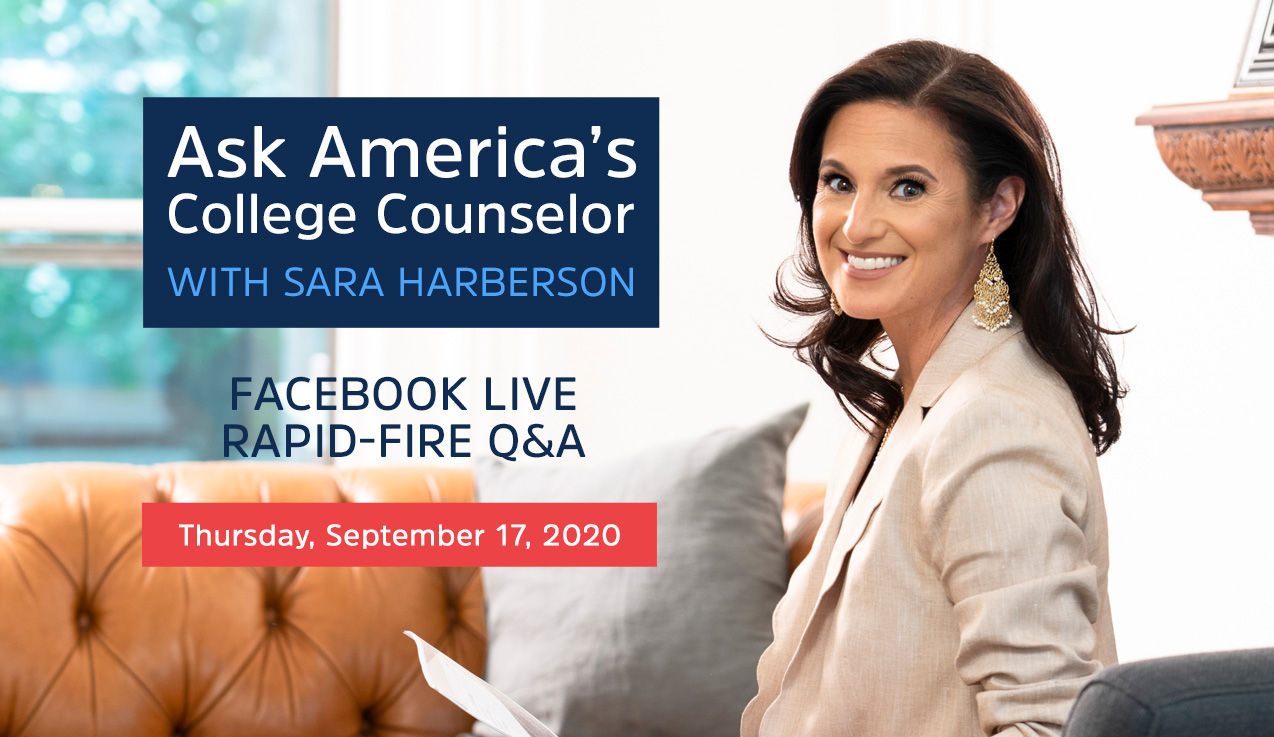If you are utterly confused about what students should and shouldn't be doing when it comes to this year's college applications, you are not alone. There are a lot of mixed messages being sent out.
In a recent Wall Street Journal article, an outgoing dean of admissions suggested that students should be "hunting deep for insight about how COVID affected them." Whether this quote was taken out of context or not, many who read this article think that all students need to be writing about their COVID-experience. In reality, that's the farthest thing from the truth.
I am recommending that families and students use logic rather than some of the poor advice circulating. Here are my top five recommendations for our current high school seniors:
1. Do not feel the need to go "hunting deep" to write about COVID in your application unless you have been truly impacted well beyond the norm.
Admissions officers are going to get very tired, very quickly of the many students listing every last thing that went wrong during this pandemic. The COVID section on the application is absolutely OPTIONAL.
2. What isn't as optional this year are "optional essays."
Because many students will be applying under a test optional policy (without test scores), everything else in their application will carry more weight. I have heard from a number of institutions that they will be spending much more time on these "optional essays." It is worth the time for students to write these optional essays because it can provide more information to the college, especially if you are applying without test scores.
3. Speaking of test scores, please do not put yourself in danger or travel miles and miles away from your home just to take a standardized test.
Besides a few universities who refuse to adopt a test optional policy, the vast majority of colleges won't be requiring the SAT or ACT this year. And if a college advantages a student who has the resources to fly somewhere to take a standardized test, they will be in more hot water with student advocacy groups and the Justice Department.
4. With very few colleges permitting visitors and travel restrictions still in place in a lot of areas of the country, students will need to show "demonstrated interest" virtually.
If a college tracks this controversial strategy, you will want to sign up and attend any virtual presentations or information sessions led by the colleges on your list. Even if a college doesn't use demonstrated interest in the admissions process, you will want to take advantage of these virtual opportunities as it can help narrow your college list and help you write supplemental essays for each college.
5. Check your transcripts for typos and TEST SCORES.
Most high schools will send off the official transcript to the colleges on the student's list without the student confirming that everything is accurate. Ask your college counselor for an up-to-date transcript to review in case a grade or course is listed incorrectly, and also to see if your test scores appear on the transcript. If a high school includes a student's test scores on the transcript, the admissions officer would see your scores whether you were applying under a test optional policy or not.
Related reading: 5 Tips for the 2020-21 Common App
The rules of the admissions game are changing daily. But you can stay one step ahead by focusing on what really matters: being accurately represented in your application. Do not let chance dictate your future. Take the bull by the horns. Make sure YOU, not the colleges, drive this process.











